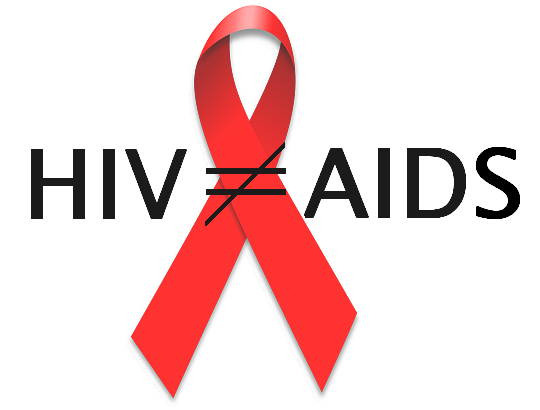UNICEF has called for more involvement of traditional rulers to help reduce the prevelance of HIV and AIDS among adolescent and young persons in Kaduna State.
Representative of UNICEF Adolescent and Intervention Programme (AYP), Alhaji Idris Baba, made the appeal during a stakeholders meeting on Thursday in Kaduna.
Baba said “with AYP we realise the need to involve other stakeholders within the communities like traditional rulers, religious leaders and policy markers.
He said UNICEF had been actively working around HIV interventions focusing around young persons in the state.
According to him, the priority areas around the state includes Jaba, Jamaa, Lere, Igabi, Chikun and Birnin Gwari local government areas.
Baba said the areas were priotiesed based identified factors including behavioural peculiarities, socio-economic activities and educational levels.
According to him, from the beginning of the intervention programme in 2017 last year, UNICEF have been carrying out regular reviews with aims of making adjustments on the intervention services were they are needed.
He explained that the meeting was designed to rub minds, introduce other intervention learning interventions of international perspective to the state, saying the more sharper the better results”.
The Executive Secretary, KADSACA, Mr David Anthony, said there was very high prevalence of HIV/AIDS in about three per cent of young people leaving with the virus in the state.
“The virus prevalence rate was higher; almost about three per cent of the general percentage,” Anthony said.
According to him, by 2014 about 19,000 adolescents and young people do not know their HIV and AIDS status as only adults responded.
He noted that the young persons were subdued under the response programme which resulted to the high prevalence among them.
The scribe said that the introduction of global best practices and new intervention strategies encouraged young persons to embrace the response programme beginning with Jaba and Jamaa local government areas .
He said adolescents and young persons between the age of 10 and 24 were trained to provide HIV services,
counselling and testing through personal communication and mobile HTC programme.
“Also youth friendly facilities were provide for HIV and testing in the two local government areas which was later scale up to seven.”
He stressed the need to ensure that critical stakeholders were involved in the response to see how they can support apart from providing moral support to see that the young reach out to young persons in these communities and ensure that have access to this service.
“We were able to train over 300 demand creators who able to mobilised about 362 adolescents and young persons who have been able to access HIV testing services.
“Out of those that were reached with interpersonal communication over 79 per cent were tested and about 273 of them were found positive.
“If you look at this you have prevalence rate of 0.3 per cent as against the high rate,” he said.
He called for further involvement of all the 23 local government areas to ensure that they adopt the strategies aimed at making antiretroviral drugs available to adolescents and young persons at designated facilities.
According to him, the state government had procured the antiretroviral drugs to ensure they are available within those communities.
Mr Iliya Bako, who represented Jaba Local Government traditional council, said traditional rulers normally hold meetings every Friday with emphasis to district heads to sensitise youths on the dangers of HIV and Aids.
He said the traditional institution has been carrying sensitisation to churches and mosques and other public places.
He attributed the initial prevalence of HIV and AIDS in his area to lack of awareness, saying “but now that the awareness has come the prevalence rate is down seriously”.
Bako added that “because of this awareness people don’t stigmatise those leaving with HIV and AIDS” anymore.




